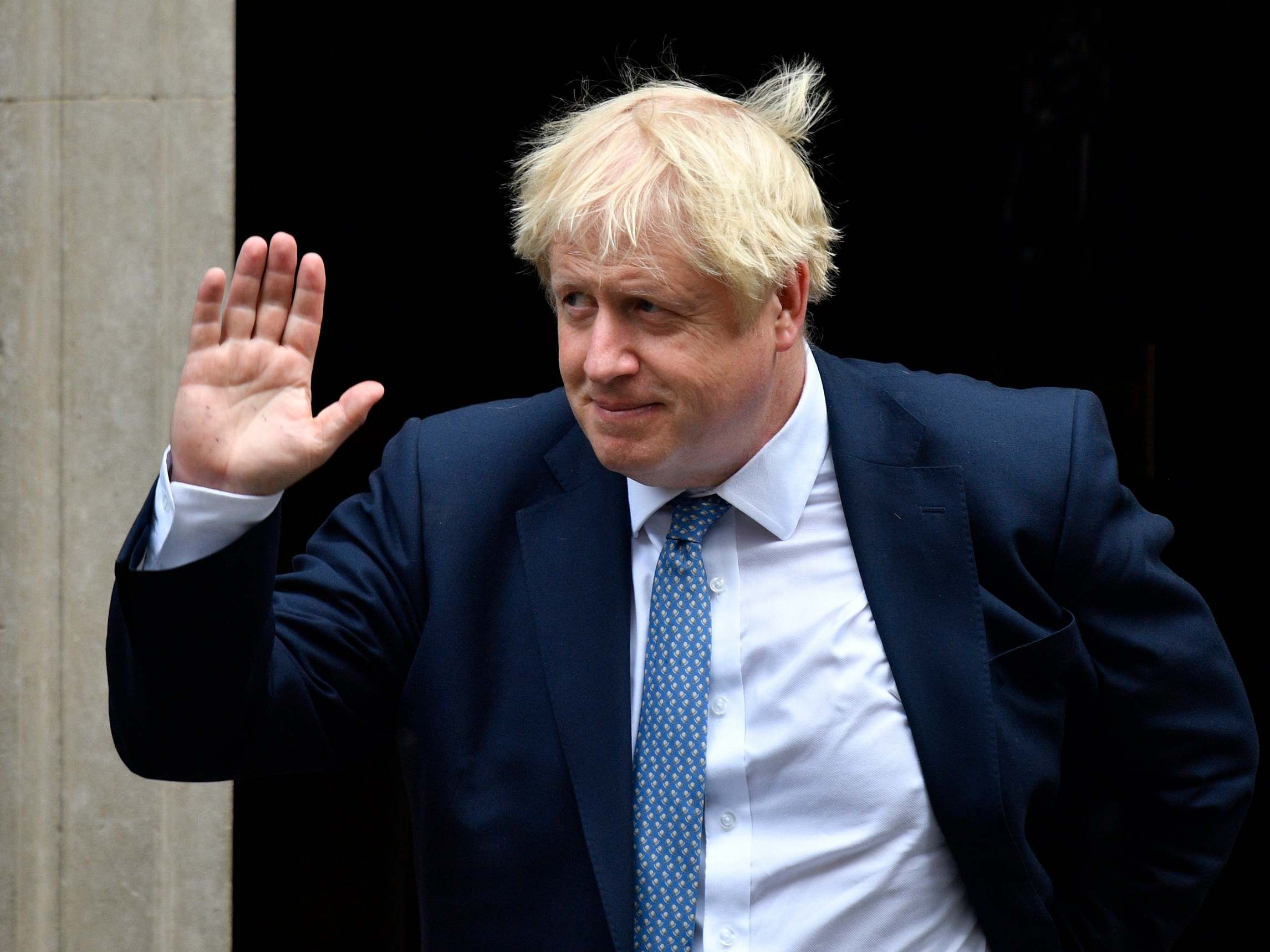Boris Johnson has been prime minister for a few months now and the Brussels machine has had time to get to know him a bit.
When Mr Johnson took office, diplomats and officials seemed genuinely willing to give the new prime minister a chance. There was a real move away fromf the increasingly hardline “no negotiations” rhetoric that characterised the preceding few months.
While the new official stance of being open to talks has survived – and officials are heading back and forth with regularity – the goodwill has not.
The EU has not been impressed with the proposals – if you could call them that – that have come from London. The UK has dragged its feet on suggesting anything concrete and only come up with “concepts”, which diplomats say resemble the early thinking of Theresa May. There is a sense in the EU capital that the new team in Downing Street is having to re-learn the lessons Mr Johnson’s predecessors took years to learn.
The increasing fever-pitch rhetoric in Westminster has not gone unnoticed in Brussels either. While Theresa May made few compromises for anyone other than the right wing of her party, she at least presented herself as doing so. Mr Johnson’s approach, focused as it is on winning back Brexit Party voters for an election, does not bother with such window-dressing.
This month’s antics with prorogation have also made some diplomats privately question whether the UK is on the way to becoming a failed state. While the European Commission kept a low profile on the issue, it also did not go unnoticed.
Against the backdrop, Wednesday’s rhetoric of “surrender” coming from the prime minister provoked an unusually quick and forthright reaction from the commission. Julian King, the UK’s own commissioner, suggested that such “crass” talk would lead directly to violence on Britain’s streets. He was not talking out of line: when asked the next day about it all at a press briefing, a commission spokesperson delivered a sermon on “respect”.
One constant refrain from observers in Brussels is that Westminster doesn’t seem to appreciate that the EU side watches the news and can see what is happening. They do not like what they see.


Join our commenting forum
Join thought-provoking conversations, follow other Independent readers and see their replies
Comments